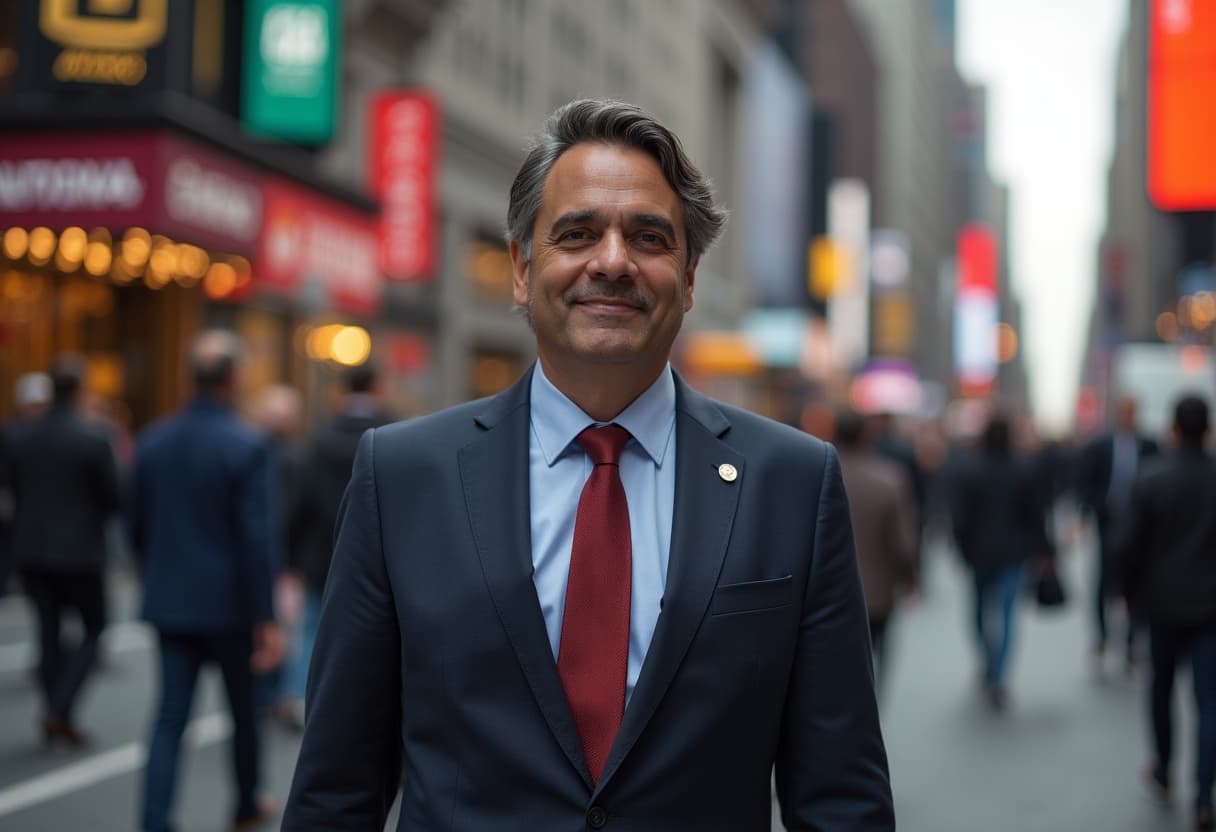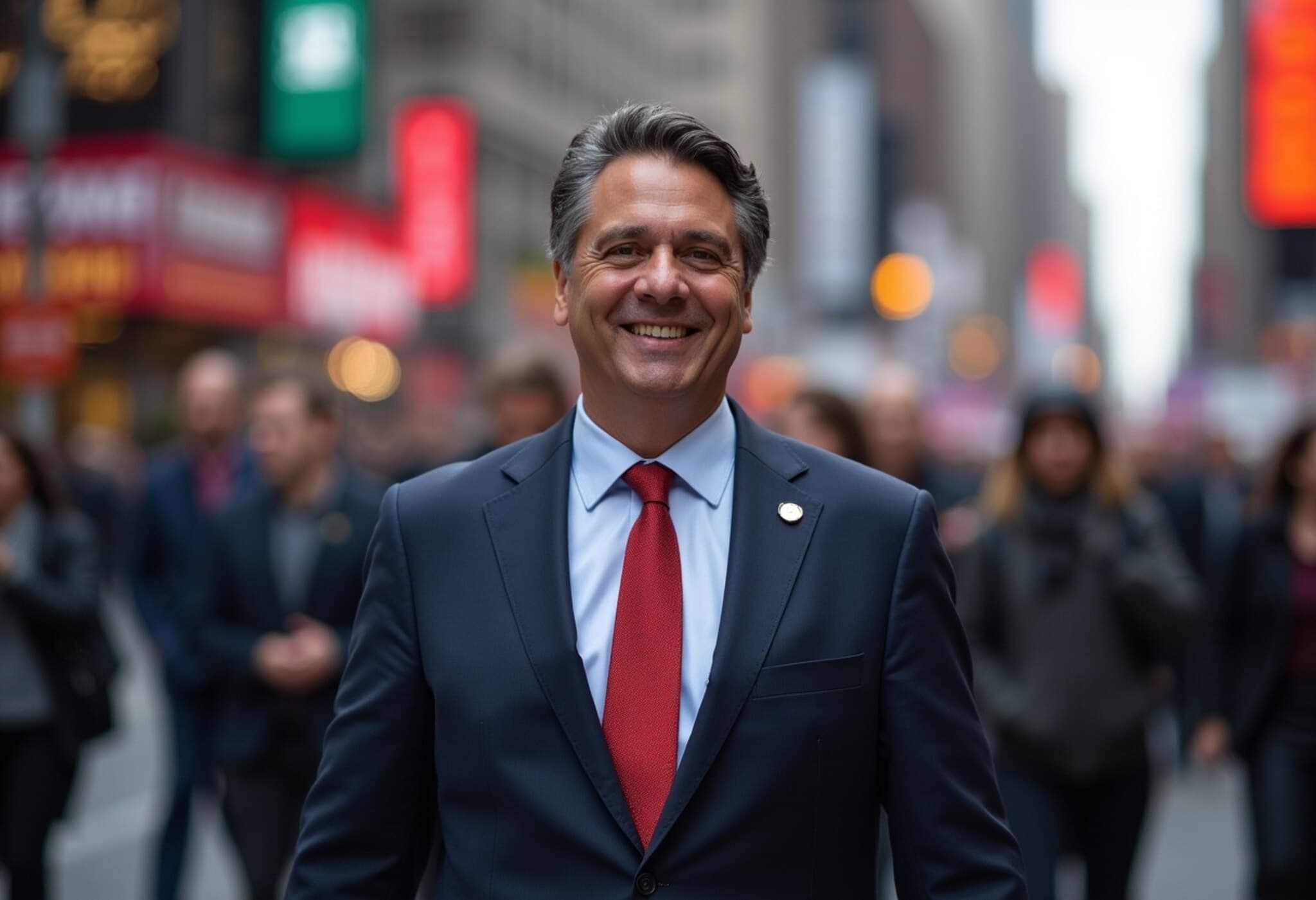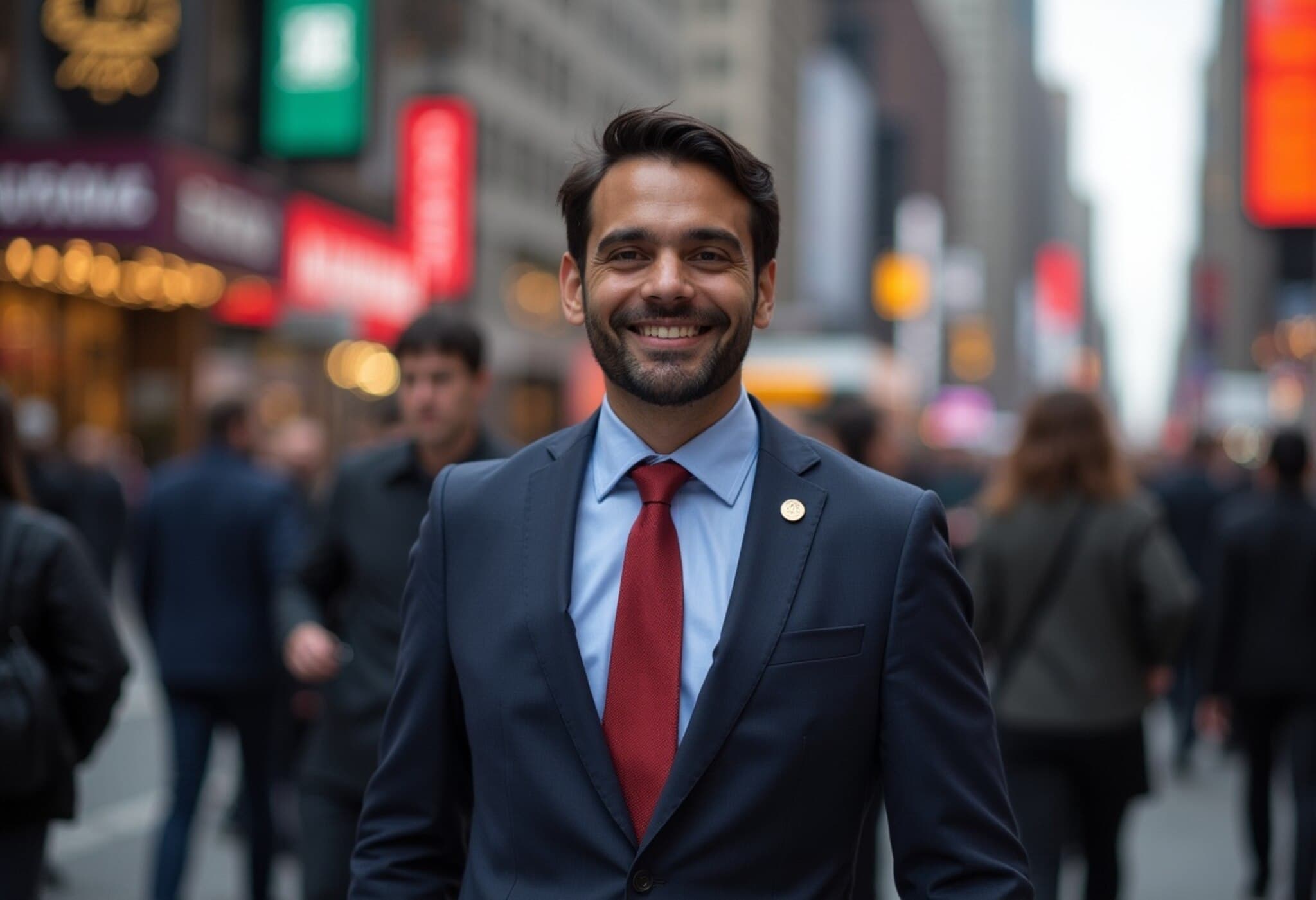Wealthy Buyers Rethink New York Property Investments
Following Zohran Mamdani’s surprising win in the Democratic primary for New York City mayor, a noticeable pause has set in among affluent real estate investors. High-net-worth individuals, including venture capitalists, startup founders, and financiers, are reportedly putting their New York property purchases on hold as they assess the evolving political landscape.
Shifting Interest Toward Tax-Friendly Markets
Luxury real estate agents have observed a marked increase in inquiries from prospective buyers exploring alternatives beyond New York City. Destinations offering more favorable tax conditions—such as Uruguay, Milan, and Florida—are gaining attention as buyers seek stability amid uncertainty.
Ryan Serhant, a leading real estate agent, highlighted that several investors are temporarily halting deals. He shared an example of a client who made an offer on a Chelsea apartment but quickly decided to pause, stating: "We're going to stop looking for now until we know more about what's going to happen in the mayoral race."
Strong Growth in Florida Real Estate
Meanwhile, Florida's real estate market continues to thrive. Broker Nathan Zeder reported sales exceeding $1.8 billion this year alone, underlining the state’s appeal as a key alternative for wealthy buyers reassessing their portfolios.
What’s Driving the Hesitation?
The hesitation among investors appears closely tied to Mamdani’s housing proposals, which aim to reshape New York’s rental market and tax structure. His agenda includes:
- Rent Freeze on Stabilized Apartments: A proposed halt on rent increases for rent-stabilized units, which currently allow annual hikes.
- Affordable Housing Initiatives: Plans to build 200,000 new affordable homes over the next decade to support low- and middle-income residents.
- Stricter Enforcement: Crackdowns on landlords violating housing regulations.
Additionally, Mamdani advocates for a flat 2% tax on individuals earning over $1 million annually and proposes raising the corporate tax rate from 9% to 11.5%, aligning with neighboring New Jersey.
Uncertainty in the Mayoral Race Spurs Market Caution
Investors’ reluctance signals broader apprehension about how these policies could impact property values and rental income. As the mayoral race progresses, many are adopting a wait-and-see approach to avoid potential risks tied to shifts in local governance.
This cautious mood highlights how political developments can swiftly influence real estate dynamics, particularly in a city as financially significant as New York.



















